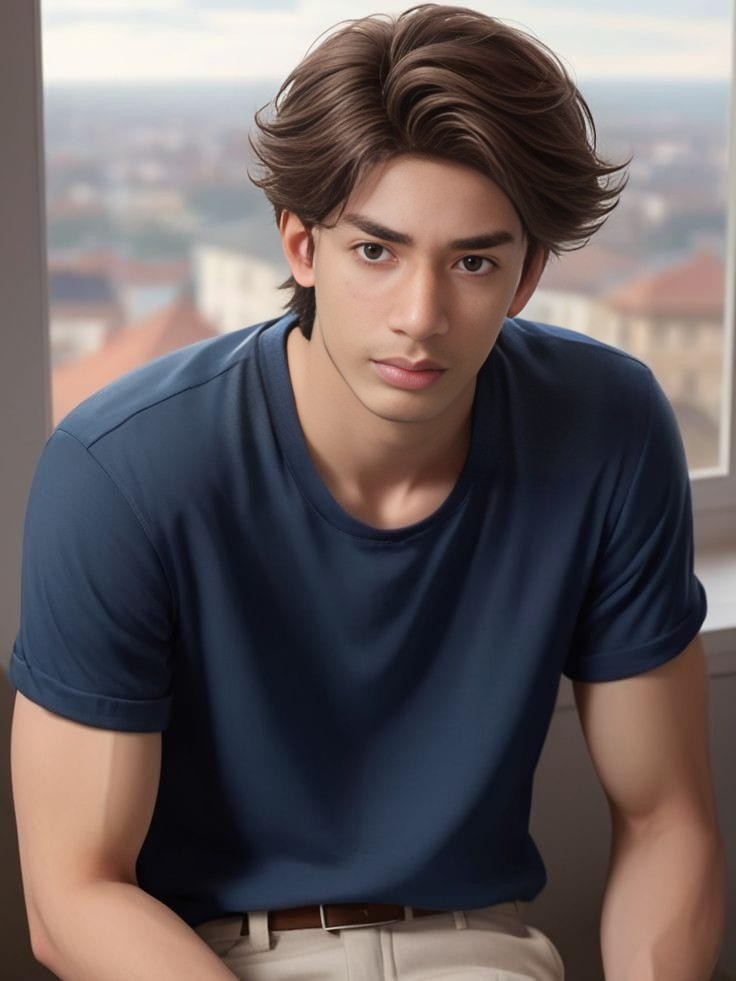“Дойдоха от ярост”. Как протестите в Грузия се превърнаха в масови безредици – haroonabadvital.com
I was physically and emotionally exhausted from covering the post-election protests in late October.
In the following days, thousands of Georgians protested the election results. They believe the ruling pro-Russian Georgian Dream party “stole” pro-EU votes from the opposition, receiving a 54% majority, after traditionally receiving around 40% support.
It seemed to me that these protests would lead nowhere, but when I saw the announcement on November 28 that the government would postpone the adoption of the country’s European path, I realized that people would take to the streets again. So I gathered my things and headed out the door.
When I arrived in front of Parliament, hundreds of people had gathered in front of it.
There is usually music at large protests in Georgia and people are a bit more cheerful. But this time the atmosphere was simply angry. There were none of the usual political leaders giving speeches. It was a spontaneous, angry, loud crowd. People did not wait for anyone to call them to protest, but rather came out of anger.
Riot police were deployed on both sides of Parliament. Then I noticed another unusual aspect of this protest, where the police were using really bad language.
When the demonstrators insulted them, the police responded by insulting them and giving the middle finger to the people. They said rude things about their mothers, it was really strong profanity. I have never encountered anything like this during previous protests I have covered.
About two o’clock in the afternoon. During the night, the protests intensified, and the demonstrators were able to break part of the fence. They used it as a kind of protective barricade on the sides of the Parliament building, carrying the European Union flag until the water cannons began to operate.
Before starting to spray water, water cannon trucks made a roaring sound that gave people the opportunity to seek shelter. It is said that there is a substance in the water that is fired from these cannons. Wherever the water got on my skin, it felt like it was burning me.
Soon my shoes were filled with water, my body was completely wet and my skin was burned. I realized I couldn’t continue working, so I returned to the Free Europe (RFE/RL) office, where my colleagues gave me dry shoes, but in slightly larger sizes.
I know from previous protests that arrests usually begin in the early morning hours when crowds are smaller and police can work more easily. Around 5 p.m. In the morning I returned to the place where the protests had withdrawn, near the Rustaveli Theater. I knew something was going to happen.
At about 6:30 a.m. there were less than 100 protesters, and the cops descended on the people like an avalanche, just a black crowd. They hit people hard. They attacked one of the demonstrators, throwing him to the ground, punching him and kicking him in the ribs. Then they were dragged away. The women screamed.
During this time, my fellow photographer was also filming Ilya Rasyana.We were watching each other and moving together while the police chased people down the street.
Throughout the night, the police were very aggressive with the journalists and tried to block Rasayana’s lens as we walked, and shouted insults at us. one of the photographers, Alexandra KishlashviliHe was arrested and severely beaten that night. I have never witnessed such aggression from the police before.
Towards the centre, near the Academy of Sciences, I photographed the police beating a very young man. Then other young protesters came trying to protect the beaten boy. They screamed and the police started chasing them too.
There are several 24-hour pharmacies in Tbilisi, and young protesters entered one of them to take shelter. The police came in and I heard screaming inside as they tried to get them out but they couldn’t get them out.
When the police came back outside, they were very angry and aggressive and attacked my colleague David Cagarelli. They knew he was a journalist, and his media jacket couldn’t help but be noticeable. But when the police overtook him, they hit him in the stomach. We helped him up some nearby steps and he sat there catching his breath. We collected some footage from bystanders who filmed the attack, then returned to the office.
That night, it became clear that the protests were just beginning, and that there were many more nights of unrest to come. These protests were sparked by people’s frustration and anger. The police brutality that everyone witnessed only added fuel to the fire.
The October elections were seen as a referendum on whether Georgia would go to Europe or to Russia. The Georgian Dream Party, which has been in power for more than a decade, is considered close to the Kremlin. In 2024, it adopted two laws that constitute the main features of Moscow’s ideology – a law directed against the LGBT community, and another against the so-called “foreign agents”, which represents the financing of people and organizations from abroad for espionage purposes.











